If you click on a link and make a purchase we may receive a small commission. Read our editorial policy.
How a second Donald Trump U.S. Presidency might impact the movie, tv, and comics industries
What will the entertainment of the next four years look like?

Popverse's top stories of the day
- Marvel's Kevin Feige talked to John Boyega about who he'd play in the MCU, but "there ain't no room for me," says the Star Wars star
- MEMBERS ONLY: Watch the Lord of the Rings movie reunion panel with Elijah Wood, Sean Astin, Dominic Monaghan, Billy Boyd, John Rhys-Davies, and Andy Serkis from Chicago's C2E2 2025
- Sorry, webheads: Tom Hardy says we weren't as close to that Spidey/Venom movie as was reported
The re-election of Donald Trump to the office of President of the United States came as a shock to many — not least the entertainment industry, which will be responsible for addressing (and trying to appeal to) the country that elected him. As the country prepares for the second Trump presidency, so do the people whose jobs are to shape the stories that shape the nation.
Through a mixture of veiled threats and actual announcements — including nominating noted anti-vaccine activist Robert F. Kennedy to lead the Department of Health and naming congressman Matt Gaetz, who was infamously under investigation by the House for accusations of drug use, sexual misconduct and abuse of campaign funds, as his choice for Attorney General — it’s clear that the upcoming Trump presidency will radically alter the political establishment and the everyday life of people across the entire country (and the world)… but that would appear to be what the majority of voters were asking for. It’s a significant moment in American life — and one that the entertainment industry might struggle to meet.
Will TV start to look more like red-state favorite Yellowstone?

For all that the perceived wisdom that the entertainment industry is inherently left-leaning, that is generally directed to the creators and cast behind the stories. Indeed, it’s worth remembering that the industry is predominantly overseen (and owned) by corporations and rich people who are for the most part… very much not coming from the left. Look at how quickly the Motion Picture Association congratulated Trump on his victory, or Warner Bros. Discovery CEO David Zaslav optimistically saying that the result could “provide a real positive and accelerated impact on this industry that’s needed.”
“I suspect studios and networks will take this as a sign to lean even more heavily into the red-state, middle America types of stories (aka the Taylor Sheridan fare) they’ve been asking for this past year,” an anonymous television writer and executive producer told the Series Business Substack when discussing what changes the industry could expect in the wake of the new political reality. “I worry this’ll mean a decrease in diversity representation both on- and off-screen.”
Another writer told the same outlet that they’re worried about “subtle potential conservative creep,” sharing, “After Trump was elected [in 2016], there was more policing of controversial jokes and moments, especially ones that could imply an insult to Trump [or] Trump’s culture, or felt like they pushed a ‘liberal agenda,’ […] You could try to fight for your joke or moment, but often, you ended up shaving the edges.”
Marvel's famously apolitical wartime hero, Captain America

This wasn’t just restricted to the television industry; in 2019, legendary comic creator Art Spiegelman said that Marvel had rejected an essay he’d written as an introduction to a collection of 1930s and ‘40s stories because it referenced Donald Trump in a way the company considered negatively, and was “not allowing its publications to take a political stance.” Marvel declined to comment on Spiegelman's’ comments at the time.
Of course, at the same time, DC was publishing stories where the Joker and Darkseid were working to re-elect Trump, so it clearly wasn’t that every publisher was afraid of upsetting those in power. Worth bearing in mind: Trump is one of Marvel’s landlords, although it remains to be seen what if anything will happen to his business interests upon returning to office.
Even if publishers don’t actively push comic creators to tone down their work, there’s also the emotional response to such a dramatic election to consider; Justice League Unlimited and Action Comics writer Mark Waid spoke for many when he posted on election night, “Even if by some miracle this turns around, I don’t believe in the basic goodness of my fellow Americans anymore, and without this, I cannot write superheroes.” In an election where the guy who was literally described as a fascist by his former staffers was somehow elected, it’s not difficult to see what prompted this response, whether or not it proves to be something that will later be walked back in some shape or form. (Waid is still listed as writer on his current DC commitments in the most recent round of solicitations.)
The shape of things to come
So, what will the entertainment of the next four years look like? Will it follow the news media’s apparent example of anticipatory obedience to authority, and the demands of its oligarchic owners seeking to further their own profits? Will a way to talk to the entire country and tell stories that everyone can enjoy?
The first Trump presidency was heralded by some as a potential golden age for dystopian storytelling, but it’s worth remembering that dark times traditionally lead people towards wanting more heroic, aspirational fiction. People are going to want heroes, and a reason to feel hope. But what form is that going to be permitted to take?
Want to know what's coming up next in pop culture? Check out Popverse's guides to:
Follow Popverse for upcoming event coverage and news
Find out how we conduct our review by reading our review policy
Let Popverse be your tour guide through the wilderness of pop culture
Sign in and let us help you find your new favorite thing.



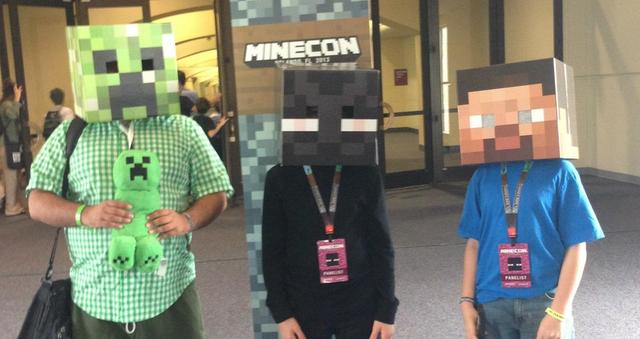
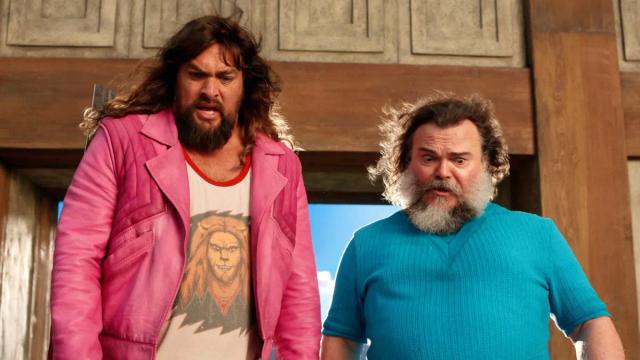
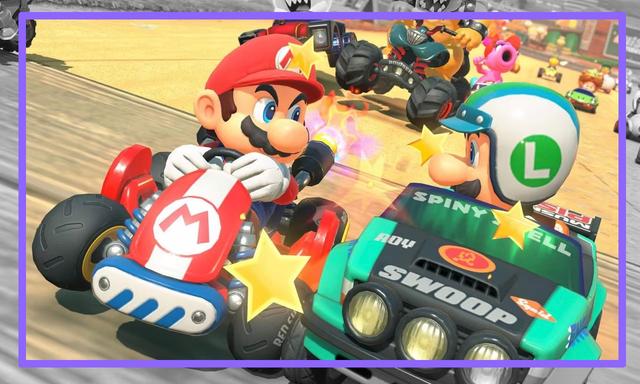

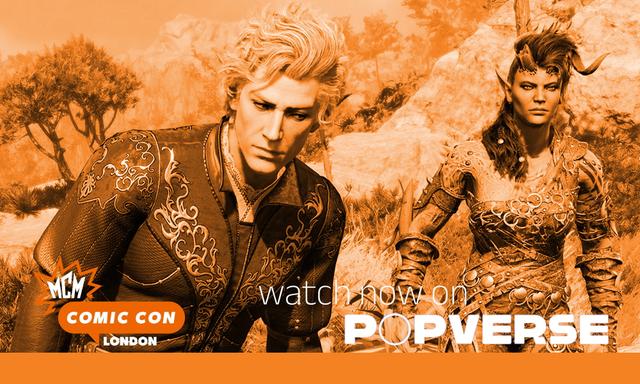

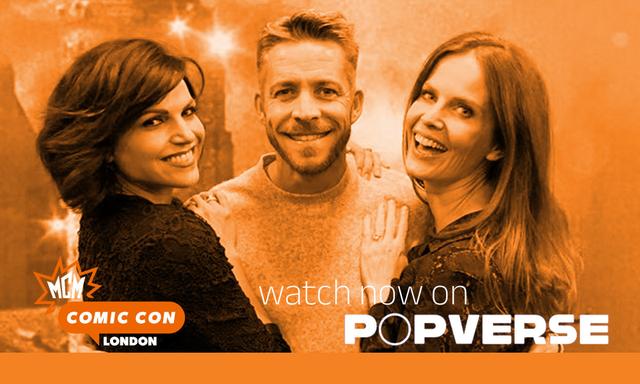






Comments
Want to join the discussion? Please activate your account first.
Visit Reedpop ID if you need to resend the confirmation email.